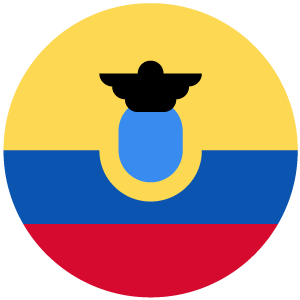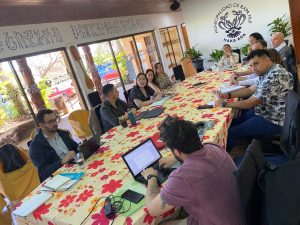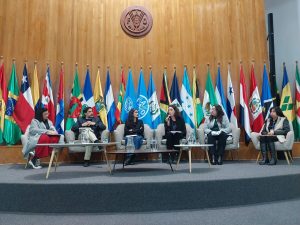An intense week of work included meetings and workshops with local stakeholders to review and complement a preliminary ten-year investment...
Brazil: Rodrigo Yáñez speaks on agroecological transitions at the international seminar on family farming
The director of Rimisp in Chile participated in the panel “Agroecological Food Transition” at the International Seminar: “Family Farming: Challenges and Perspectives 10 years after the International Year of Family Farming”, held from March 25th to 27th in Porto Alegre.

The event, organized as part of the tenth anniversary of the International Year of Family Farming (IYFF+10), brought together experts, representatives of governments, academia and international cooperation to analyze the progress and challenges of this key sector for food security and rural development.
During his speech, Rodrigo Yáñez presented acomparative analysis of ten agroecological initiatives in eight Latin American countries that Rimisp conducted during 2024, addressing lessons in agroecology and territorial development for the region.
“Rimisp’s policy is always to look at the region, so the study fell in line with this, comparing 10 cases in 8 countries, to see what elements there are in common to support processes that impact on the quality of life of peasant and indigenous family farming,”said the Director of the Chile Office.
The Agroecological Food Transition” panel was also attended by Absa Babacar Mbodj from Senegal; Georgina Catacora, President of SOCLA (Bolivia) and Paulo Niederle from UFRGS (Brazil); who shared experiences on public policies, food security and sustainability.
A SPACE FOR RETHINKING THE FUTURE OF FAMILY FARMING
The three-day seminar focused on critical issues such as climate change, agroecological transition, financing and public policies. Speakers included representatives from Brazil, France, Costa Rica, Spain, China, the United Kingdom, Uruguay, Mexico, Argentina, Mozambique, Cameroon and Panama.
On the last day of the event, a visit was made to a rice field of the Landless Rural Workers Movement (MST) in the northern region of Porto Alegre.
Rodrigo Yáñez emphasized that his experience at the international seminar “enabled us to share withvarious actors from academia, the political world and multilateral organizations the results of a study we recently completed. And by going out into the field and sharing with farmers and social movements, all these elements that are discussed in a meeting, then gain richness when contrasted in the field.
Translation by: Alexandra Kerangal Macé “
News
Country News
Rimisp participates in IV Decentralization 2025 Congress in Chile
Rimisp researchers Carolina Olcay and Natalia Slachevsky prepared the presentation comparing case studies in Chile, Ecuador and Peru.
In order to transform the territories, communities must be listened to
Rimisp presented at an international seminar celebrating 10 years of the "Small Localities" program in Chile.
Subscribe
Our offices:

- Chile: Huelén 10, Providencia, Santiago, Metropolitan Region (+56-2) 2236 4557 | Fax (+56-2) 2236 4558.

- Ecuador: Czechoslovakia E9-95 between Switzerland and Moscow. Eveliza Plaza Building. First floor. Quito. (+593-2) 5150144.

- Colombia: Carrera 9 No 72-61 Office 303. Bogotá. (+57-1) 2073 850.



